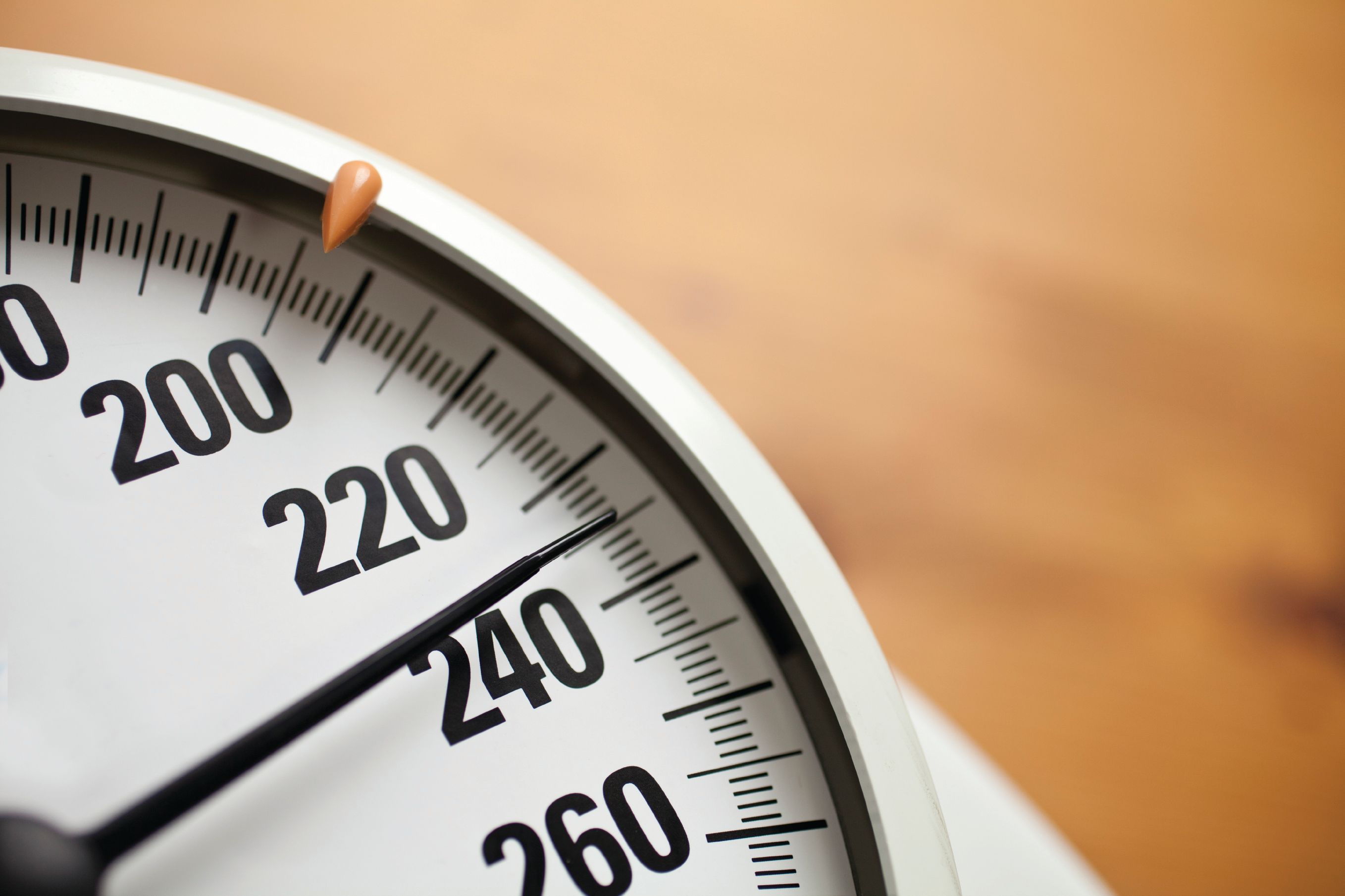Article
FDA Approves Byetta Plus Insulin Glargine
Author(s):
The US Food and Drug Administration (FDA) has approved exenatide (Byetta), the type 2 diabetes drug, as an additional therapy for diabetic adults who are already dieting, exercising, and taking insulin glargine.

The US Food and Drug Administration (FDA) has approved exenatide (Byetta), the type 2 diabetes drug, as an additional therapy for diabetic adults who are already dieting, exercising, and taking insulin glargine.
According to co-developers Amylin Pharmaceuticals and Eli Lilly, this approval makes exenatide the first GLP-1 receptor agonist obtainable for use with insulin glargine (with or without metformin or a thiazolidinedione) to attain glycemic control.
The new indication was proven efficient in a single trial entailing 261 patients who were treated with insulin glargine with or without metformin or a thiazolidinedione. The participants were randomly selected to receive either exenatide or a placebo as an adjunctive treatment.
The researchers reported that endpoints of this trial were reduction in HbA1c, alteration in body weight, and additional parameters connected to glucose control, cardiovascular health, hypoglycemia, and patient-reported outcomes. In addition, participants in the exenatide group were found to have a decrease in HbA1c levels by 1.7%, in comparison to a 1% drop in the insulin-alone group.
Of the patients in the exenatide group, 60% achieved the objective of HbA1c ≤7% following 30 days of treatment, in comparison to the 35% of patients in the placebo group. Further, 40% of patients in the exenatide group reached the target of HbA1c levels ≤6.5%, versus 12% in the placebo group.
While each group displayed lower levels of fasting glucose, participants in the exenatide groups had significantly improved postprandial glucose control following morning and evening meals. The researchers also reported that the patients in the exenatide group had lower body weights by 4 lbs. on average, in comparison to an average 2-lb. increase in the placebo group.
Adverse events associated with exenatide have been reported, such as acute pancreatitis, fatal and nonfatal hemorrhagic (or necrotizing pancreatitis), hypersensitivity, nausea, vomiting, diarrhea, jittery sensations, dizziness, headache, acid stomach, constipation, and weakness.
Amylin Pharmaceuticals and Eli Lilly advise patients with severe kidney problems or who have received a kidney transplant not to take exenatide; additionally, patients who suffer from severe stomach problems, such as gastroparesis, should confer with a healthcare professional before beginning exenatide treatment.

FDA Approves Crinecerfont for Congenital Adrenal Hyperplasia



